Policies expected to empower firms to take on larger role in economy

Visitors shake hands with Unitree's H1 robot during the 26th China Hi-Tech Fair in Shenzhen, Guangdong province, on Nov 14. (CHINA DAILY)
Outside an unremarkable building in Hangzhou, Zhejiang province, a humanoid robot is doing something truly remarkable. The Unitree G1, standing at 1.2 meters tall and weighing 35 kilograms, takes a martial arts stance, shifts its weight back and performs a swinging roundhouse kick, before rebalancing itself and standing up straight.
Built by Unitree Robotics, a Hangzhou-based startup, the G1 surprised viewers in January when 16 such robots performed a dance routine on China's Spring Festival Gala, which was viewed 16.8 billion times, according to China Media Group.
Unitree is one of a bevy of Chinese private tech firms making waves globally in recent months.
Chinese artificial intelligence startup DeepSeek is taking on Silicon Valley with its cost-effective yet formidable large language model. Meanwhile, Ne Zha 2, the sequel to China's groundbreaking animated hit, has smashed box-office records.
Wang Peng, a researcher at the Beijing Academy of Social Sciences, said: "A swarm of private firms — not State-run or big names — are emerging from China, pulling off unexpected technological feats and, in some areas, even outmaneuvering global titans.
"While many Western countries, including the United States, are still considering how to restrict China's technological rise, Chinese private enterprises are rewriting the rules, pioneering innovations that redefine the entire industry," Wang said.
With the two sessions, China's annual national legislative and political advisory meetings, taking place this week, the private sector is set to take on an even larger role in the economy. Industry experts have predicted that a wave of fresh policy support will be launched in the wake of the two sessions to fuel even greater growth of the private sector.
The founders of DeepSeek and Unitree Robotics — Liang Wenfeng and Wang Xingxing — participated in a symposium on the private sector presided over by President Xi Jinping in February. Seated alongside these young entrepreneurs were some of China's most influential private-sector figures — Huawei's Ren Zhengfei, Xiaomi's Lei Jun, and Tencent's Ma Huateng.
The message was clear: China's private sector isn't just growing, it's becoming the backbone of the country's innovative development.
Xi, who is also general secretary of the Communist Party of China Central Committee and chairman of the Central Military Commission, said at the symposium that the government's basic principles and policies concerning the development of the private sector have been incorporated into the system of socialism with Chinese characteristics, and will consistently be upheld and fulfilled. "They cannot and will not be changed," he said.
Xi said that as the world's second-largest economy further reforms and opens up, the country's enormous market, with a population of over 1.4 billion, will bring new opportunities for the greater development of private enterprises.
"On the new journey in the new era, the prospects for the development of the private economy are broad and promising. It is a prime time for private enterprises and entrepreneurs to give full play to their capabilities," he said.








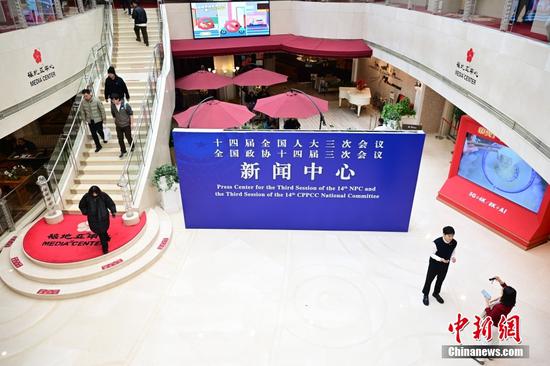
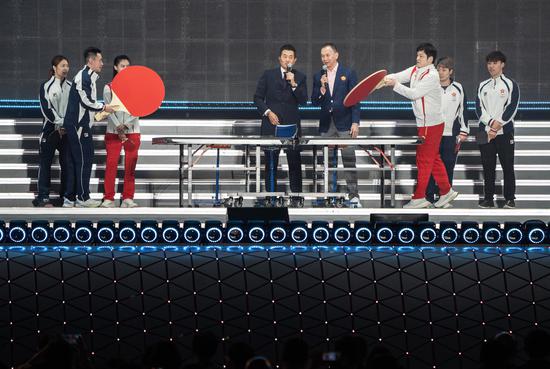

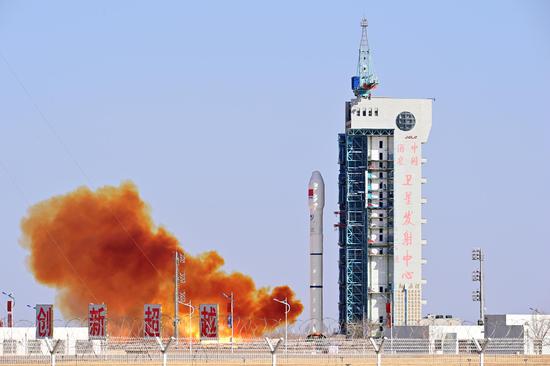


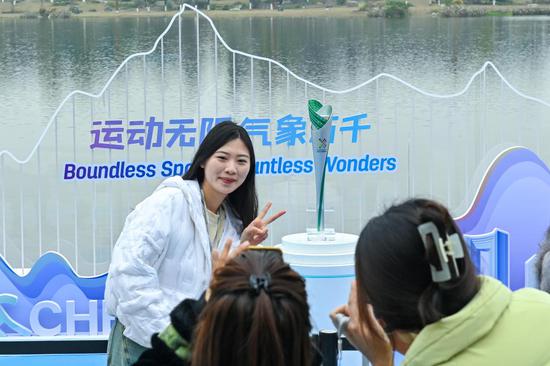
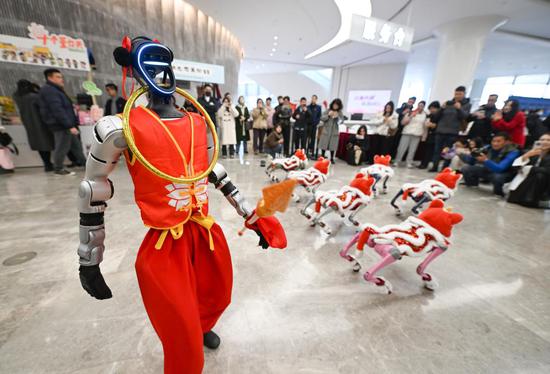
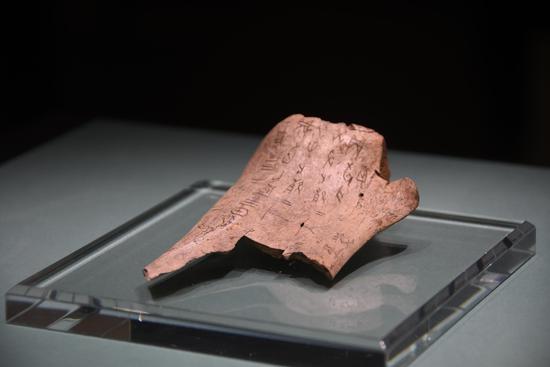









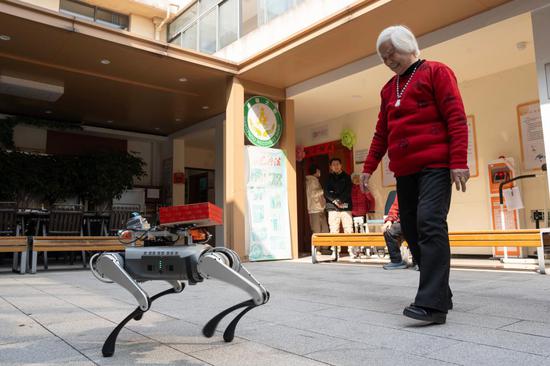


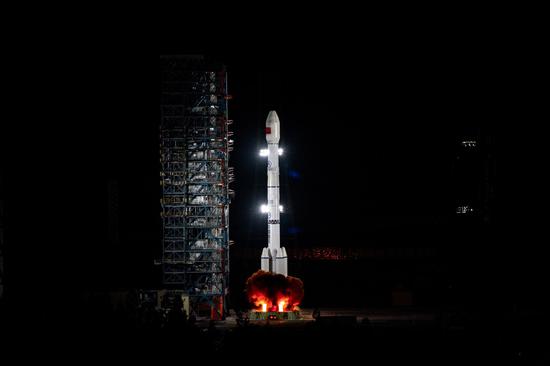
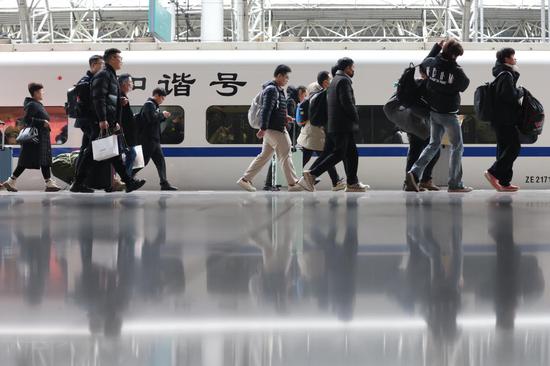



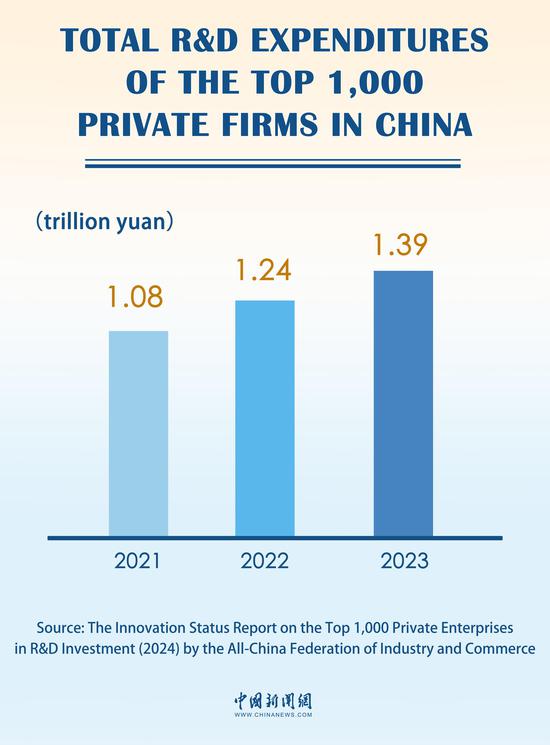
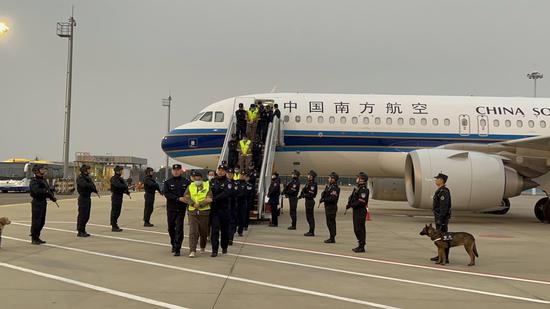
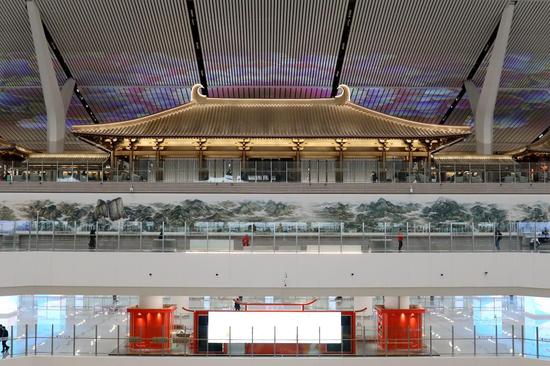

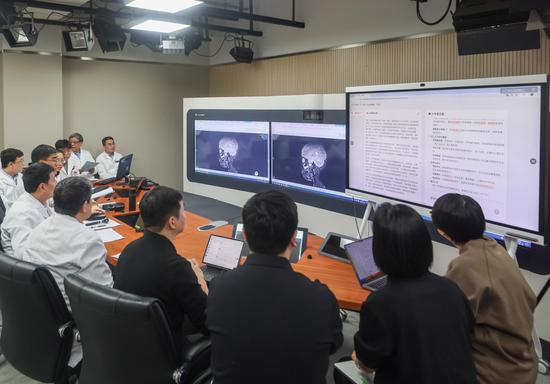



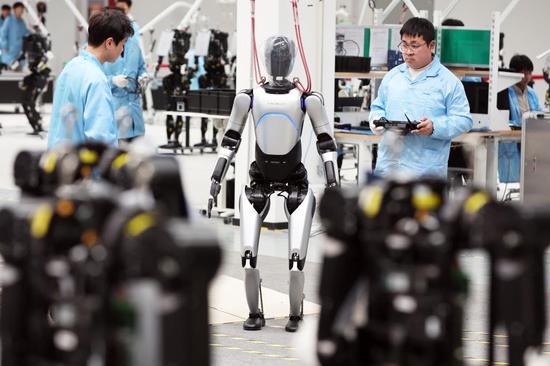



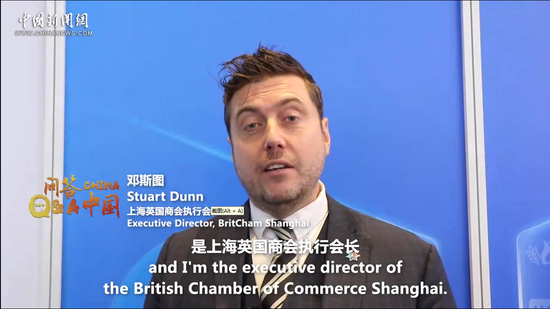

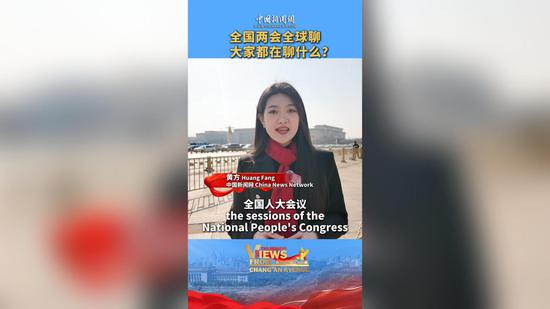

 京公網(wǎng)安備 11010202009201號
京公網(wǎng)安備 11010202009201號